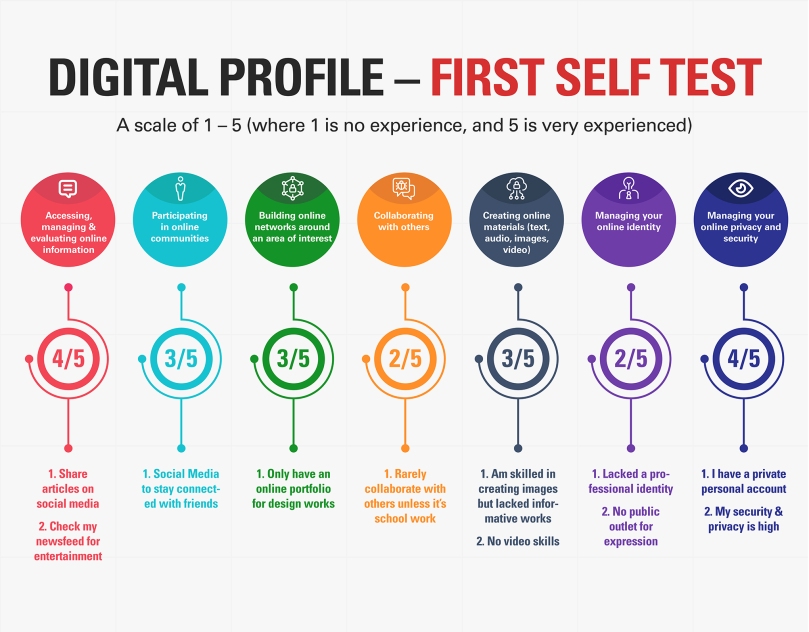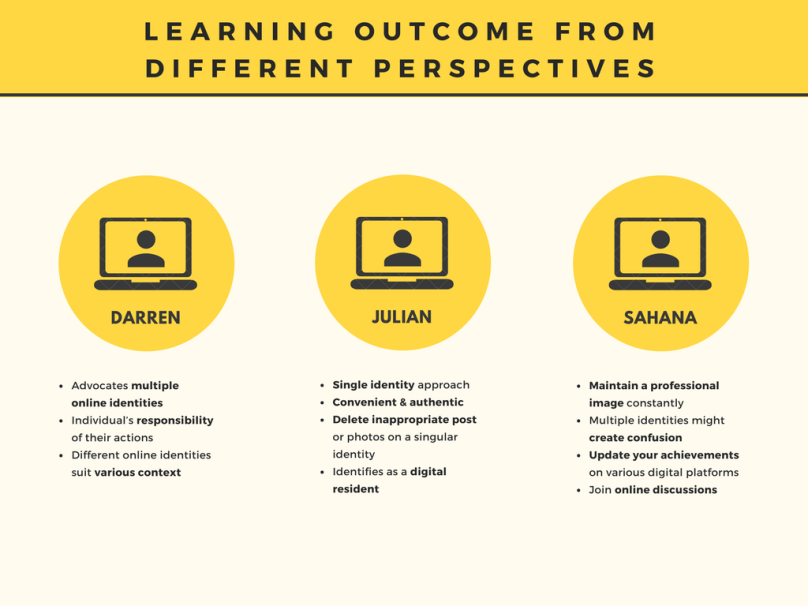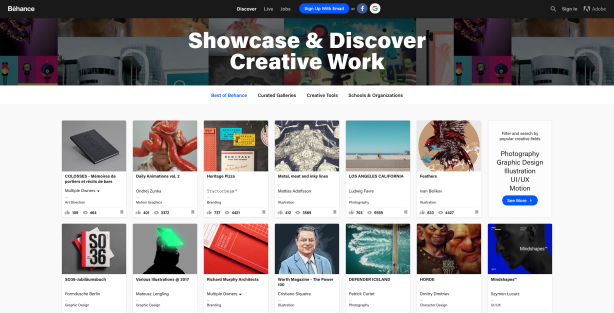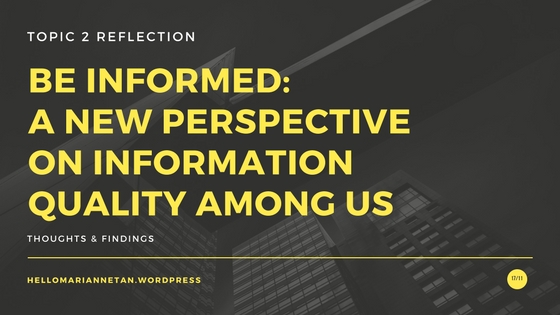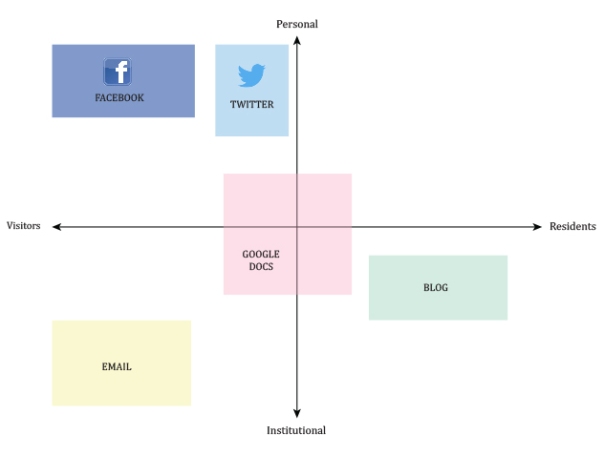Source: Rawpixel.com
The impact of digital differences on our interaction with the Web affects every facet of our lives, from using social media as an outlet of expression to starting an online business. Our online practice is a reflection of our beliefs, identity, cultural values, and attitudes. Yet it also depicts inequalities among others due to various social (rich vs poor), economic (communist vs socialist) and external factors (e.g.
Continue reading →



